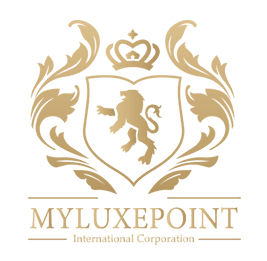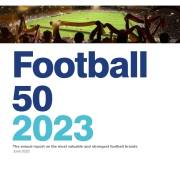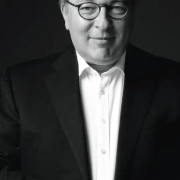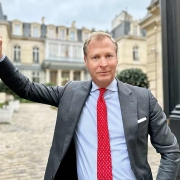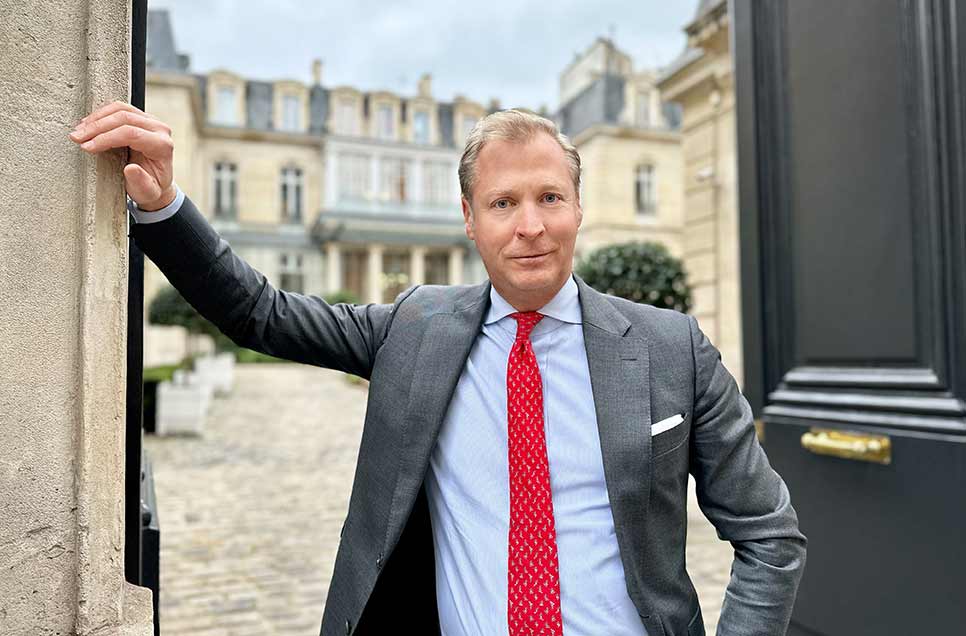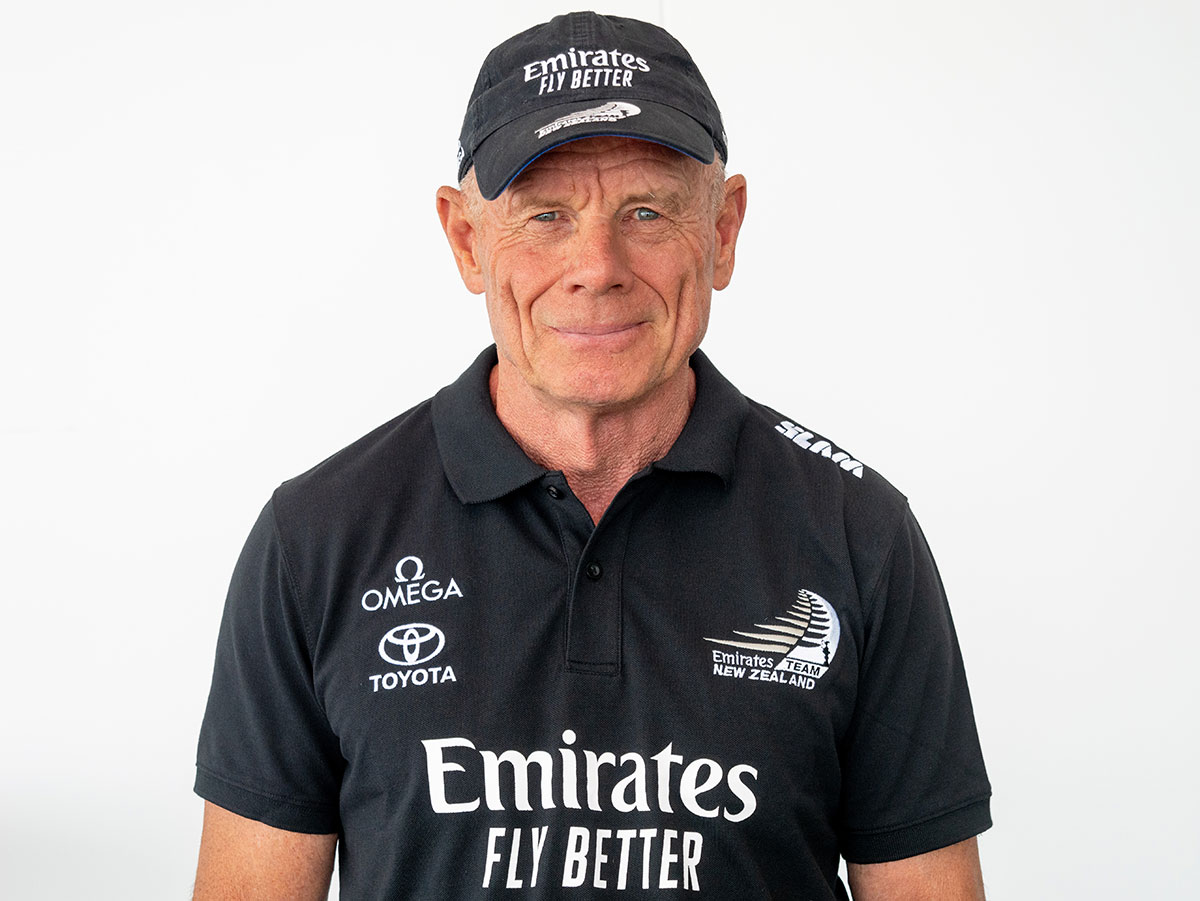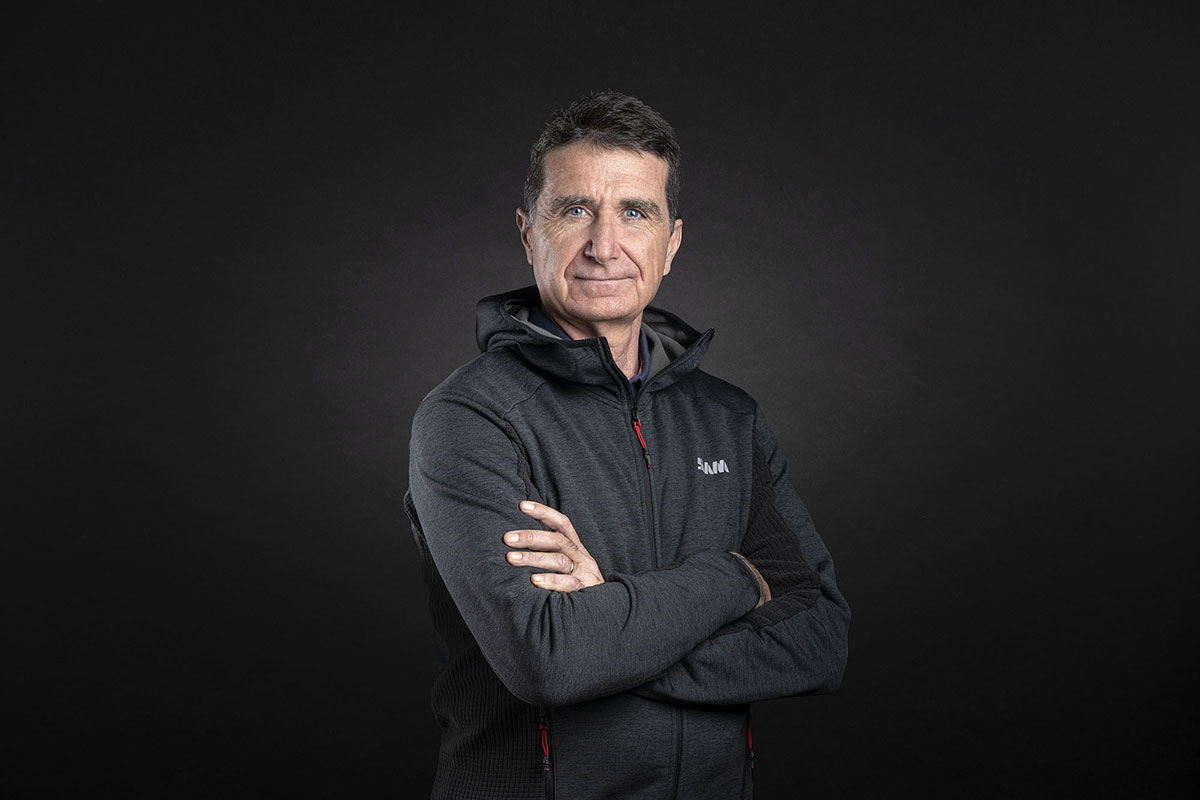Hilton checks in as the world’s most valuable hotel brand
- Hotel industry sees gradual return to normality as pre-pandemic travel patterns resume while over half of top 50 hotel brands remain below pre-pandemic values
- Hilton delivers exceptional service as the reigning champion of hotel brands, valued at US$11.7 billion
- Le Méridien is named the fastest-growing hotel brand as a new entrant to Top 50 ranking
- Conrad takes an extraordinary leap to become the world’s strongest hotel brand, with an AAA+ rating
- Hilton has the highest Sustainability Perceptions Value (SPV), at US$565 million, while Taj has the highest Sustainability Perceptions Score, at 5.04 out of 10
Hotel industry sees gradual return to normality as pre-pandemic travel patterns resume, while over half of top 50 hotel brands remain below pre-pandemic values
After two years of global travel restrictions and economic uncertainty, the past year has witnessed an increasing return to pre-pandemic travel patterns. However, Brand Finance research finds that the hotel industry is slow to recover from the pandemic’s long-lasting effects, as 27 out of 50 hotel brands (54%) remain below their pre-pandemic values.
Hilton delivers exceptional service as the reigning champion of hotel brands, valued at US$11.7 billion
Hilton (brand value down 2% to US$11.7 billion) retains its title as the world’s most valuable hotel brand, according to the latest report from leading brand valuation consultancy, Brand Finance. 2022 was an exceptional year of brand value growth for Hilton, with revenue soaring as both business and leisure travel surged post-pandemic. This year’s result indicates a slight slowdown in this growth momentum, as the industry returns to a more normal trajectory. That said, Hilton’s brand value remains above its pre-pandemic level, and it is almost double that of runner-up, Hyatt (brand value up 3% to US$6.1 billion).
Henry Farr, Associate Director at Brand Finance, commented,
“In the post-pandemic world, Hilton has demonstrated remarkable resilience and a steadfast commitment to delivering exceptional experiences. With an unwavering focus on guest satisfaction, Hilton has not only recovered but has emerged stronger in several aspects, solidifying its position as a leading global brand. Through innovative strategies and a dedication to shifting consumer needs, it has retained its title as the world’s most valuable hotel brand.”
Le Méridien is named the fastest-growing hotel brand as a new entrant to Top 50 ranking
Le Méridien (brand value up 375% to US$669.4 million) checks into the 2023 top 50 ranking in 23rd as the fastest-growing hotel brand. Part of the Marriott (brand value up 33% to US$3.1 billion) International portfolio, Le Méridien has been expanding its presence across the globe in the past year. Most recently, Le Méridien established Le Méridien Melbourne. Its premium location and luxury features have attracted both tourists and locals, further boosting the hotel’s revenue from bookings in one of Australia’s most popular coastal cities. Other significant growth milestones for Le Méridien include its second hotel opening in New York City, which is hoped to boost its familiarity score in the US and globally.
Conrad takes an extraordinary leap to become the world’s strongest hotel brand, with an AAA+ rating
In addition to calculating brand value, Brand Finance also determines the relative strength of brands through a balanced scorecard of metrics evaluating marketing investment, stakeholder equity, and business performance. Compliant with ISO 20671, Brand Finance’s assessment of stakeholder equity incorporates original market research data from over 100,000 respondents in 38 countries and across 31 sectors.
Conrad (brand value up 65% to US$537.82 million) has jumped up 16 spots to 31st position overall, while jumping an astonishing 38 spots into the winning position for brand strength, scoring 91/100. Known for its luxurious options and personalised service, Conrad has boosted its brand strength this year through significant global expansion. Hilton opened six new Conrad Hotels and Resorts in various desirable locations, including LA and Shanghai, with the aim of enhancing its long-standing reputation for seamless luxury and exceptional hotel design.
Hilton has highest Sustainability Perceptions Value (SPV) at US$565 million, while Taj has the highest Sustainability Perceptions Score, at 5.04 out of 10
As part of its analysis, Brand Finance assesses the role that specific brand attributes play in driving overall brand value. One such attribute, is sustainability. Brand Finance assesses how sustainable specific brands are perceived to be, represented by a ‘Sustainability Perceptions Score’. This is an indexed score that provides a view of the role of sustainability in driving positive brand reputation. The value that is linked to sustainability perceptions, the ‘Sustainability Perceptions Value’, is then calculated for each brand.
Hilton has the highest Sustainability Perceptions Value (SPV) at US$565 million. Although Hilton has committed to becoming more sustainable, its position at the top of the SPV table is not an assessment of its overall sustainability performance. Rather, it indicates how much brand value it has tied up in sustainability perceptions. Hilton’s commitment to sustainability is evident through its ESG program, Travel with Purpose. The brand has set ambitious targets, aiming to reduce emissions intensity by 75% in Hilton-managed hotels and 56% in Hilton-franchised hotels by 2030.
India based hotels group, Taj (brand value up 19% to US$374.35 million) earns the highest Sustainability Perceptions Score in the Hotels 50 2023 ranking at 5.04 out of 10. In 2022, Taj’s parent company, IHCL, launched the Paathya sustainability programme, encompassing several key initiatives, including eliminate the use of single-use plastics across its hotels, and installing electric vehicle (EV) charging stations.
